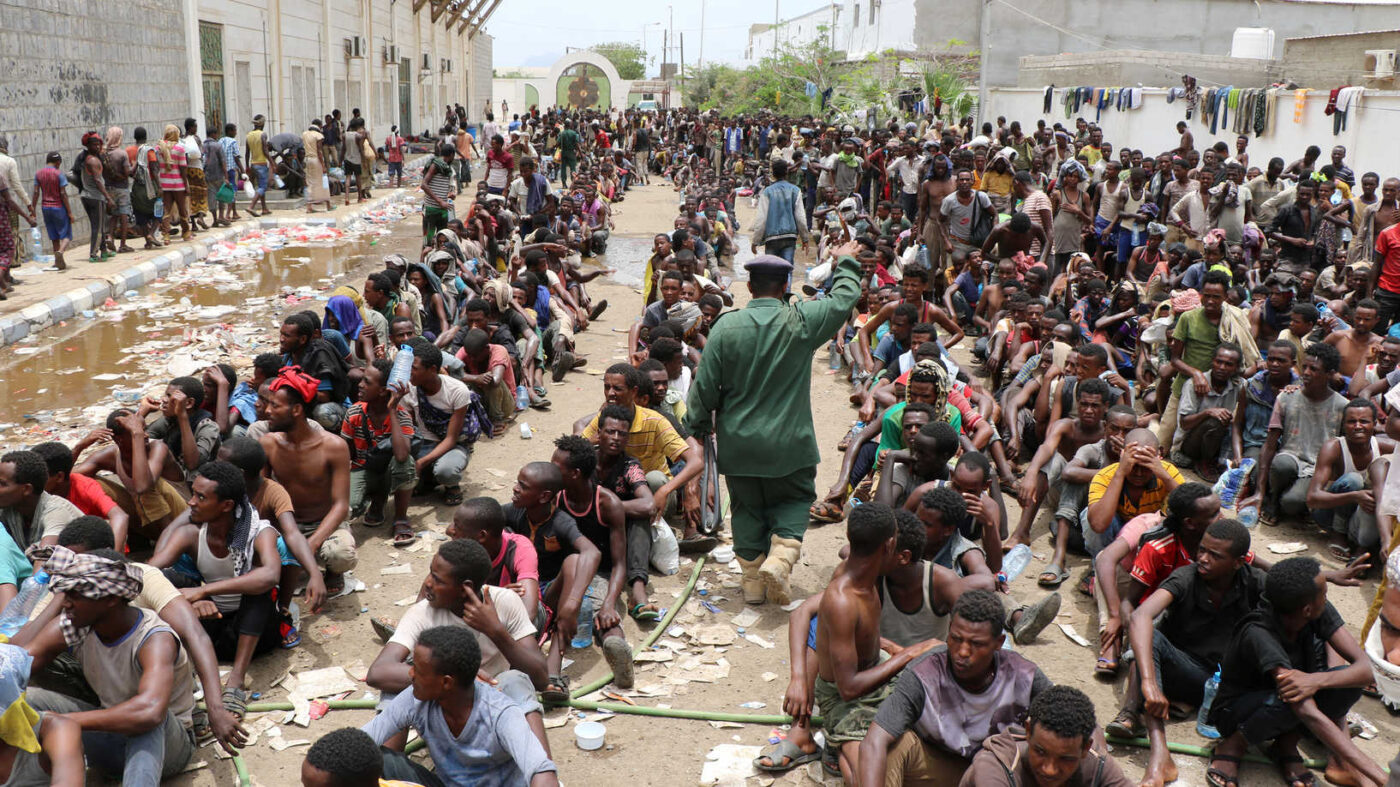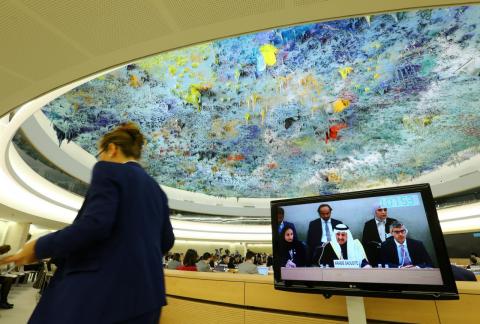A security guarantee, assistance in developing a nuclear program, and more unrestricted arms sales in exchange for the normalization of Israeli-Saudi relations is what the Biden administration proposes to Saudi Arabia in a bilateral agreement that is close to being finalized between the two countries. Long gone are Biden’s words in the 2019 Democratic primary[…]
Snow-covered mountains, people skiing, and luxury accommodations are some of the images Saudi Arabia wants to imprint in people’s minds about Trojena, one of four major parts, alongside The Line, Oxagon, and Sindalah, of the Crown Prince Mohammed bin Salman’s brainchild: “NEOM”, a $550 billion “giga-project” that aims to show the world Saudi Arabia’s grand[…]
Currently, Jalal Labbad is sentenced to death for crimes committed when he was a juvenile. Jalal is a young man who represents critical issues concerning human rights, legal fairness and the treatment of religious minorities in Saudi Arabia. His case embodies the harsh and unjust application of the death penalty in Saudi Arabia. Jalal[…]
Saudi Arabia has recently cracked down on migrants in the Kingdom, resulting in the arrest of 19,662 individuals, all in a matter of a few days; 15,200 of which were foreigners to Saudi soil. From April 24th to May 1st, 12,436 arrests were for residency violations, 4,464 for border security breaches, and 2,762 for labour[…]
Saudi Arabia’s human rights record continues to be deeply concerning. This report includes the four most alarming points at present in Saudi Arabia; including the killing of migrants, repression of dissidents and systemic discrimination against women. The following sectors covered by this report violate international Human Rights standards and demand urgent attention. Criminal Justice, Arbitrary[…]









